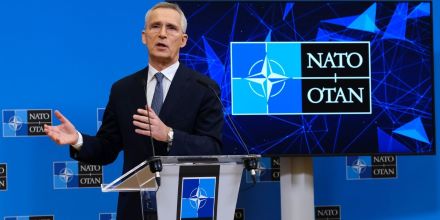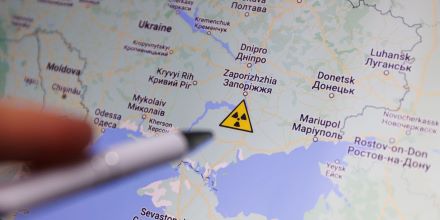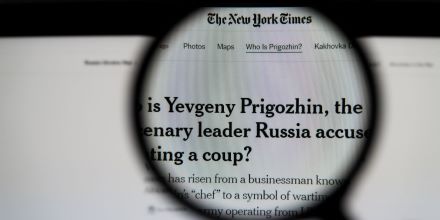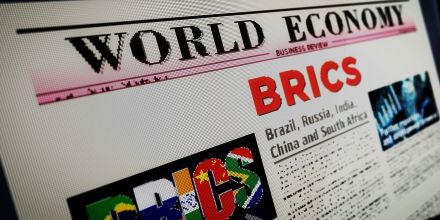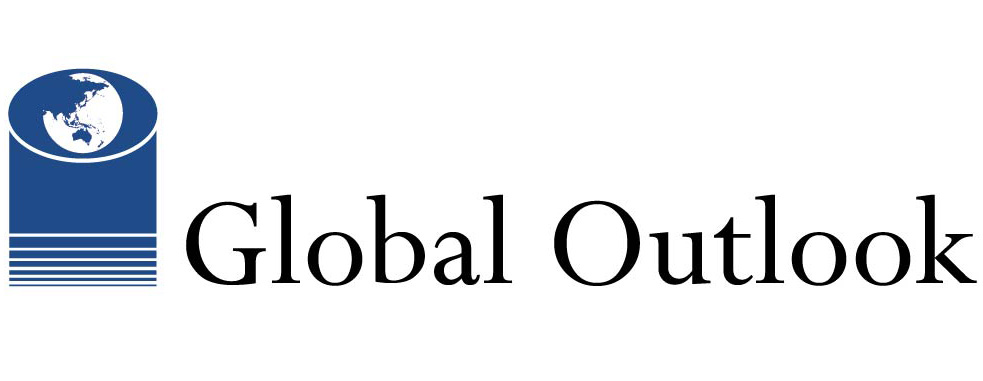
Curated expert opinion on intractable contemporary issues
Global Outlook: Cooperative Security, Arms Control and Disarmament
NATO Enlargement Enthusiasts Look to the Indo-Pacific
By Ramesh Thakur | 25 July, 2023
Now that Russia is a much-diminished power―an impoverished, geographically and demographically shrunken shell of its superpower glory―NATO’s purpose might be changing once again to kick the Russians while down, help the Americans out, and box the Chinese in.
Skyfall: Cluster Munitions for Ukraine
By Herbert Wulf | 21 July, 2023
The US government has decided to supply cluster munitions to Ukraine after lengthy internal controversial debates. With this measure, the next step on the escalation ladder in this murderous war will be climbed
The Search for a Political Solution to the Ukraine War
By Shyam Saran | 11 July, 2023
The Ukraine war is not between Russia and Ukraine but between Russia and NATO led by the US. Russia’s declared objective of its “special military operation” is preventing the future expansion of NATO closer to its borders. If this proposition is correct, then one cannot avoid the conclusion that Russia has so far not gained any of its objectives in this war.
The Wagner Coup: Strategic Setback or Military Deception?
By Ramesh Thakur | 07 July, 2023
The Wagner coup equation doesn’t compute. It just doesn’t add up. Herbert Wulf gave us a concise summary of the surreal 24 hours that gripped the world. But there are missing pieces of the puzzle that we haven’t been given.
Their Business is Military Force: The Wagner Festival is Cancelled
By Herbert Wulf | 28 June, 2023
In less than 24 hours, the march on Moscow of the Wagner troops led by Yevgeny Prigozhin, the head of this military company, was over. It remains to be seen whether this attack has permanently weakened Vladimir Putin's authority and power.
Additional BRICS for an Expansion of the House
By Herbert Wulf | 18 June, 2023
How to deal with China? The Western industrialised countries have been trying for some time to find a convincing China strategy. The seven major economic powers that make up the G7 agree that it is not a matter of de-coupling economically from China, but of avoiding risks and reducing dependencies. This strategy is now referred to by the catchy Anglo-Saxon term "de-risking".
The views and opinions expressed in Global Outlook are those of the authors and do not necessarily reflect the official policy or position of Toda Peace Institute.
NATO Enlargement Enthusiasts Look to the Indo-Pacific
By Ramesh Thakur | 25 July, 2023
Now that Russia is a much-diminished power―an impoverished, geographically and demographically shrunken shell of its superpower glory―NATO’s purpose might be changing once again to kick the Russians while down, help the Americans out, and box the Chinese in.
Skyfall: Cluster Munitions for Ukraine
By Herbert Wulf | 21 July, 2023
The US government has decided to supply cluster munitions to Ukraine after lengthy internal controversial debates. With this measure, the next step on the escalation ladder in this murderous war will be climbed
The Search for a Political Solution to the Ukraine War
By Shyam Saran | 11 July, 2023
The Ukraine war is not between Russia and Ukraine but between Russia and NATO led by the US. Russia’s declared objective of its “special military operation” is preventing the future expansion of NATO closer to its borders. If this proposition is correct, then one cannot avoid the conclusion that Russia has so far not gained any of its objectives in this war.
The Wagner Coup: Strategic Setback or Military Deception?
By Ramesh Thakur | 07 July, 2023
The Wagner coup equation doesn’t compute. It just doesn’t add up. Herbert Wulf gave us a concise summary of the surreal 24 hours that gripped the world. But there are missing pieces of the puzzle that we haven’t been given.
Their Business is Military Force: The Wagner Festival is Cancelled
By Herbert Wulf | 28 June, 2023
In less than 24 hours, the march on Moscow of the Wagner troops led by Yevgeny Prigozhin, the head of this military company, was over. It remains to be seen whether this attack has permanently weakened Vladimir Putin's authority and power.
Additional BRICS for an Expansion of the House
By Herbert Wulf | 18 June, 2023
How to deal with China? The Western industrialised countries have been trying for some time to find a convincing China strategy. The seven major economic powers that make up the G7 agree that it is not a matter of de-coupling economically from China, but of avoiding risks and reducing dependencies. This strategy is now referred to by the catchy Anglo-Saxon term "de-risking".
The views and opinions expressed in Global Outlook are those of the authors and do not necessarily reflect the official policy or position of Toda Peace Institute.
